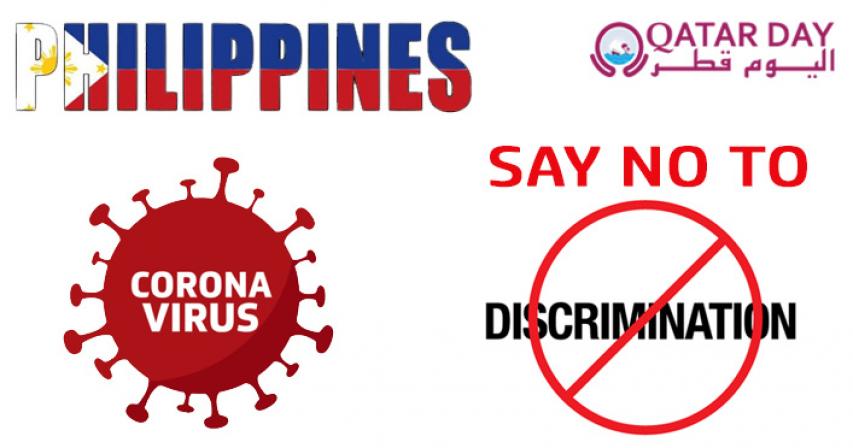Philippines approves anti-discrimination law for suspected COVID-19 carriers including OFWs
- 6 years ago

A bill seeking to ban discrimination on persons, including health workers and repatriated overseas Filipino workers (OFWs), who are either confirmed, suspected, or deemed probable cases of the coronavirus disease 2019, was approved on final reading by the House of Representatives on Tuesday.
With 204 affirmative votes, no negative votes, and one abstention, the lower chamber approved House Bill No. 6817 or the “COVID-19-Related Anti-Discrimination Act” that penalizes various acts deemed discriminatory in light of the COVID-19 pandemic.
Among the punishable offenses under the bill includes stigmatization, which entails the public disclosure— with the intent of exclusion, harm, and discrimination — that a person is declared confirmed, suspected, or probable case of COVID-19 or has recovered from COVID-19. The bill also covers public disclosure made online.
The bill also outlaws verbally, physically, or psychologically harassing, threatening or assaulting confirmed, suspected, and probable COVID-19 patients as well as those who have recovered from this disease, including repatriated OFWs and health workers.
The proposed measure likewise forbids a public officer from refusing or neglecting to provide assistance to confirmed, suspected, and probable COVID-19 cases or any person suspected of having been exposed to and has recovered from COVID-19.
Moreover, no person can “unreasonably refuse” to honor valid and existing contracts based on COVID-19, the bill added.
Based on the proposal, a person who commits harassment or assault shall, upon conviction, be penalized by imprisonment of not less than one year but not more than 10 years or a fine of not less than P200,000 but to more than P1,000,000.
Additionally, violation of the measure on the grounds of stigmatization, failure to assist, and unlawful refusal to honor valid contracts, will be penalized by a fine of not less than P50,000 but not more than P500,000 and/or imprisonment of not less than six months but not more than five years.
Source: Inquirer
Comments